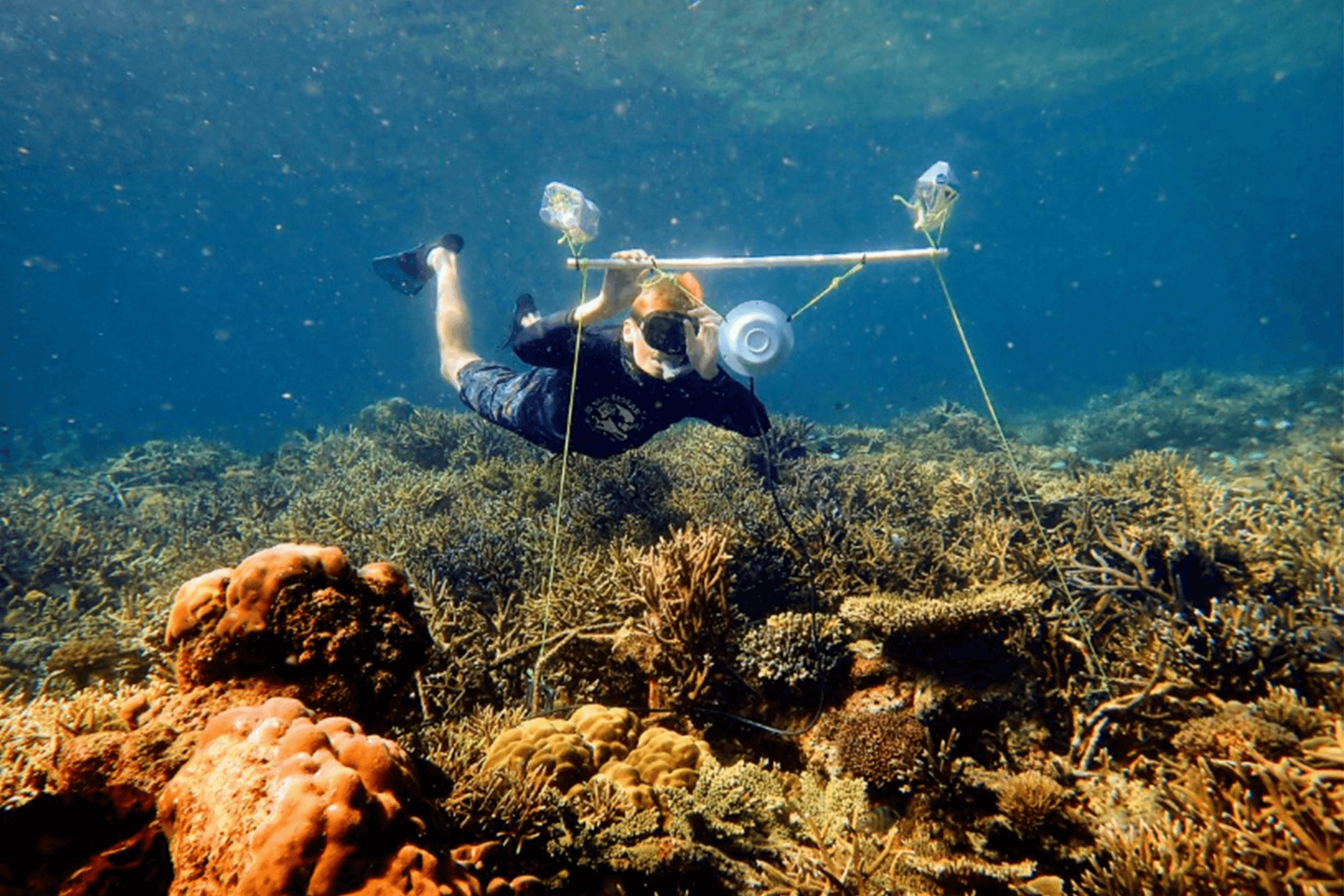Great Barrier Grief: scientists face mental health battle – Cosmos article by Denise Cullen
- News item

As climate change accelerates, it’s not only ecosystems that are breaking down—scientists on the frontlines are experiencing a growing mental health crisis. Marine biologist Tim Lamont recalls the emotional toll of surveying degraded reefs, prompting him and colleagues to advocate for emotional expression in science. Their call resonated with many others facing similar struggles.
Research shows that even those not directly impacted by climate disasters are experiencing eco-anxiety or pre-traumatic stress. Scientists are particularly vulnerable, with daily exposure to environmental decline and pressure to remain “objective.” Gretta Pecl, a marine ecologist at the University of Tasmania, challenges the term “eco-anxiety,” insisting that feeling distressed is a logical reaction—not a disorder. “I actively choose hope,” she says, describing it as a deliberate mindset in the face of daunting challenges. Pecl also leads support initiatives, including therapeutic workshops, and urges young researchers to focus on manageable problems to avoid overwhelm.
The article underscores a shift in climate science—where emotional honesty, peer support, and mental health care are becoming essential tools in sustaining the very people fighting to save our planet.
Tips from scientists on coping with climate distress
- ‘Hope’ can be both a noun and a verb, Tim Lamont points out. Using hope as a noun suggests reliance on external circumstances and a lack of control. But when used as a verb, hope becomes a conscious choice. “It’s a way of life and a decision,” he says.
- Occasionally narrowing your focus can quell overwhelm, says Gretta Pecl. She’s observed that young researchers tend to do better if they’re working on a small, well-defined problem – such as physiology in lobsters. “The broader the problem they work on, as in big picture climate change (issues), the more quickly they get depressed, because they realise that we’re not going to solve this problem anytime soon, or at all,” she says.
- Working on solutions can provide a balm. Many scientists deliver talks to raise awareness, while others provide media commentary. While not climate-change specific, Olly Dove hosts the That’s What I Call Science podcast. David Karoly, Emeritus Professor at the University of Melbourne and Councillor on the Climate Council (of Australia), serves as a pro bono expert witness in climate change-related litigation. “The first case that I was involved in was back in 1996–1997,” he says. “I have always thought that getting involved in court cases is a little bit like getting involved in public communication. It’s just communication to judges, but it has much higher potential impact.”
- Though climate change issues feel urgent, it’s important to take breaks to avoid burnout. “When you’re personally drained and exhausted, you pull back, and you look after yourself,” says Pecl. “And when you’ve got energy, you push out into those spaces where you’re probably not going to make a difference, but you want to give it a go anyway.”
- Engaging in one-on-one treatment with a climate-aware therapist can help people address climate-related trauma, or process stress, fear and anxiety about the future. Group training sessions are also emerging. For example, Pecl organised Karen Grant Outdoor Counselling to run a 1-day workshop for people working at her Centre for Marine Socioecology. The ‘How do we live our best life, knowing what we know?’ workshop was targeted at researchers working on challenging issues like climate change and biodiversity loss.
- Start a personal project. Jonica Newby documented her own experiences by writing the book Beyond Climate Grief (NewSouth Publishing 2021). Joe Duggan, then a science communication student, launched the Is This How You Feel? project – an exhibition of letters from climate scientists that encouraged honest and heartfelt reflection.
Full Cosmos article by Denise Cullen available here: https://cosmosmagazine.com/people/social-sciences/great-barrier-grief-scientists-face-mental-health-battle/